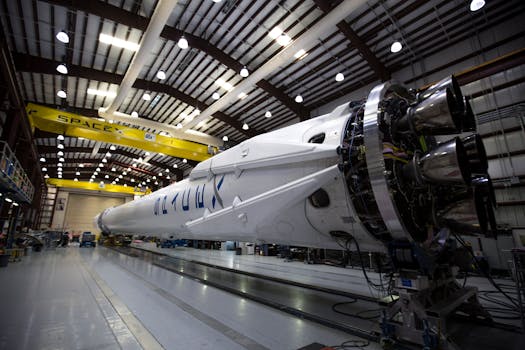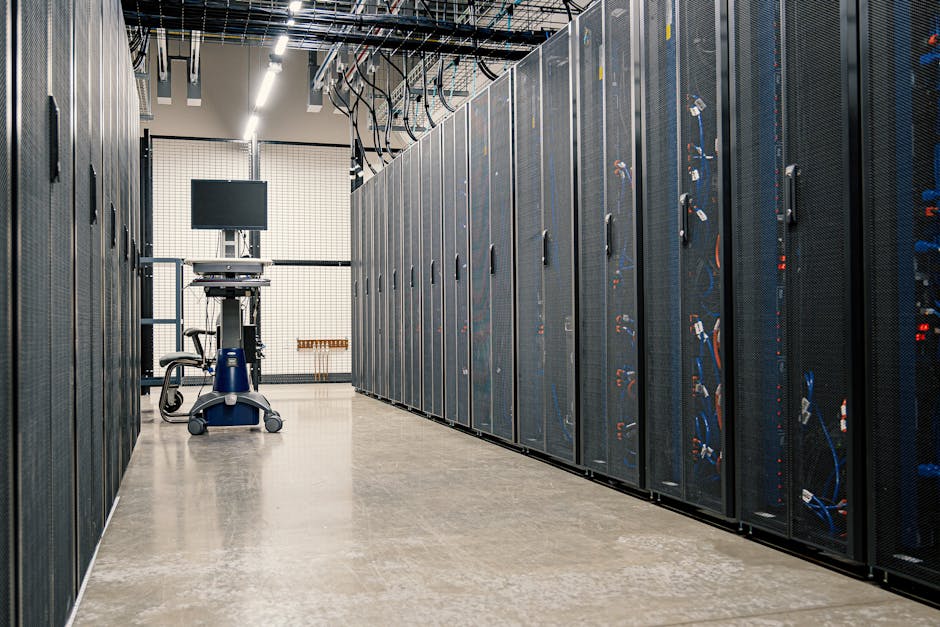
The Future of Satellites: Revolutionizing Global Connectivity
The future of satellites is rapidly evolving, with advancements in technology and innovation poised to revolutionize global connectivity and transform the way we communicate. As we look to the future, it is clear that satellites will play an increasingly important role in shaping the world of tomorrow. With the ability to provide high-speed internet access, enable global navigation, and facilitate international communication, satellites are set to become an indispensable part of our daily lives.
Advancements in Satellite Technology
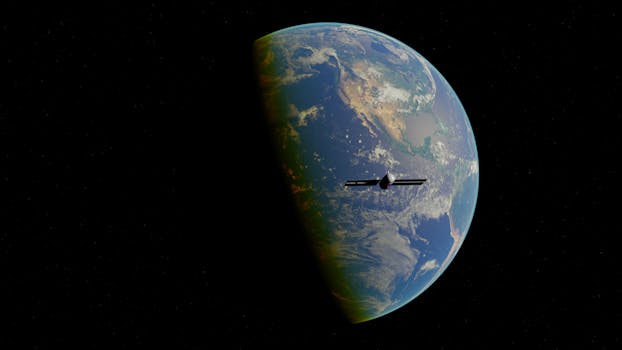
Recent years have seen significant advancements in satellite technology, with the development of smaller, more efficient, and cost-effective satellites. The use of advanced materials and manufacturing techniques has enabled the production of smaller satellites, known as smallsats, which are capable of performing a wide range of tasks, from Earth observation to communication. Additionally, the development of reusable launch vehicles has significantly reduced the cost of launching satellites into space, making it more accessible for companies and organizations to participate in the satellite industry.
The advent of satellite constellations, which involve the deployment of multiple satellites in a single orbit, has also revolutionized the field of satellite technology. These constellations enable the provision of global coverage, allowing for the creation of high-speed internet networks that can reach even the most remote and underserved communities. Companies such as SpaceX and OneWeb are at the forefront of this technology, with plans to launch thousands of satellites into orbit in the coming years.
Applications of Satellite Technology
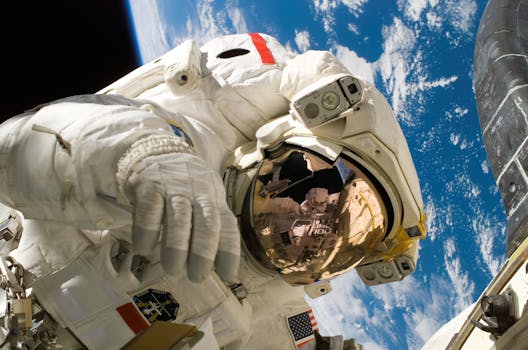
Satellite technology has a wide range of applications, from Earth observation and navigation to communication and weather forecasting. The use of satellites in Earth observation has enabled us to monitor the health of our planet, tracking changes in the environment and providing critical data for climate modeling and weather forecasting. Satellites have also enabled the development of global navigation systems, such as GPS, which have transformed the way we travel and conduct business.
In the field of communication, satellites have enabled the creation of global networks, connecting people and communities around the world. The use of satellites in communication has also enabled the provision of critical services, such as emergency response and disaster relief. With the ability to provide high-speed internet access, satellites are poised to play a major role in bridging the digital divide, enabling communities in remote and underserved areas to access the internet and participate in the global economy.
Challenges and Opportunities
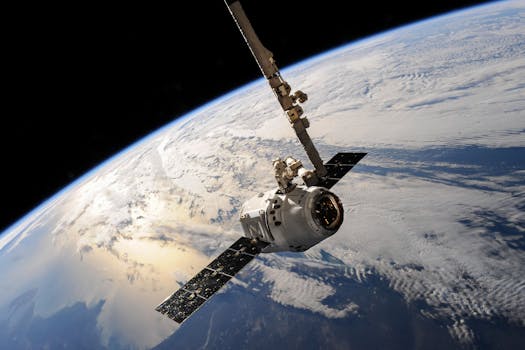
Despite the many advancements in satellite technology, there are still several challenges that must be addressed in order to fully realize the potential of satellites. One of the major challenges facing the satellite industry is the issue of space debris, with thousands of pieces of junk orbiting the Earth and posing a risk to operational satellites. The development of sustainable and responsible practices for the launch and operation of satellites is critical to mitigating this risk and ensuring the long-term health of the satellite industry.
Another challenge facing the satellite industry is the need for international cooperation and regulation. As the number of satellites in orbit continues to grow, there is a need for clear and consistent regulations to govern the use of space and prevent conflicts between different satellite operators. The development of international standards and guidelines for the operation of satellites is critical to ensuring the safe and responsible use of space.
Conclusion
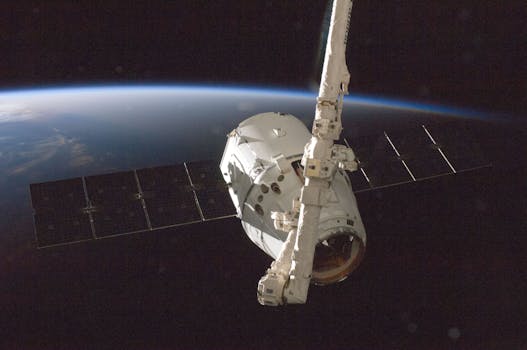
In conclusion, the future of satellites is rapidly evolving, with advancements in technology and innovation poised to revolutionize global connectivity and transform the way we communicate. As we look to the future, it is clear that satellites will play an increasingly important role in shaping the world of tomorrow. With the ability to provide high-speed internet access, enable global navigation, and facilitate international communication, satellites are set to become an indispensable part of our daily lives. As the satellite industry continues to grow and evolve, it is critical that we address the challenges facing the industry, from space debris to international regulation, in order to fully realize the potential of satellites and create a more connected and sustainable world.
See more:
